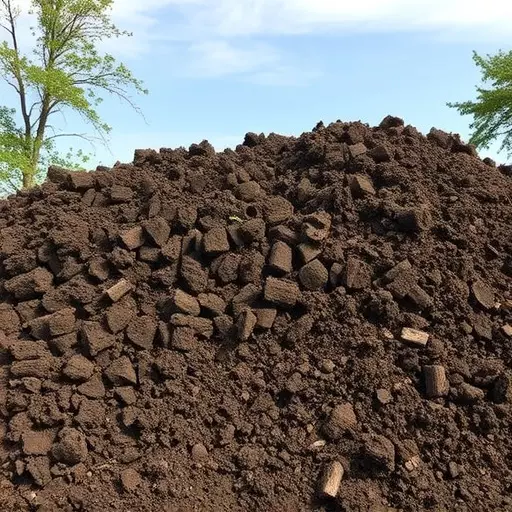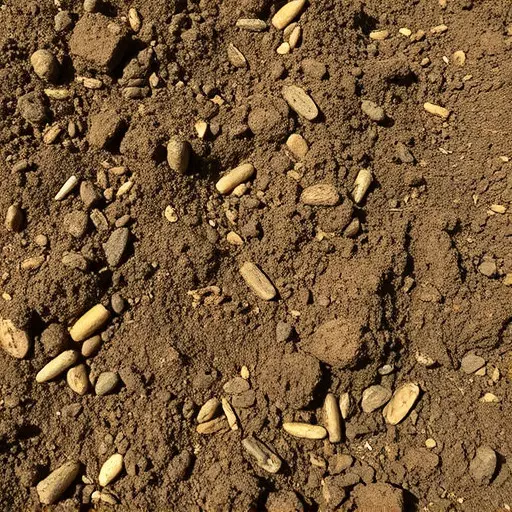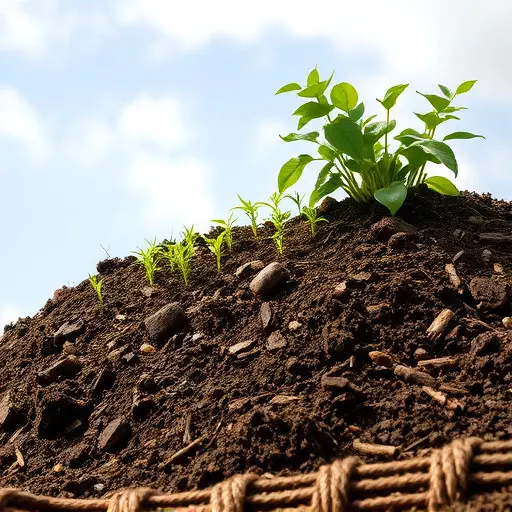Topsoil recycling in Toledo is revolutionizing soil health and organic waste management. This eco-friendly process collects construction and municipal organic waste, turning it into nutrient-rich compost through specific processes. The result is a sustainable solution for landscaping and agriculture, reducing landfill waste, promoting biodiversity, and supporting local ecosystems. By leveraging topsoil recycling services, Toledo contributes to a circular economy and plays a vital role in urban sustainability and climate change mitigation.
“Unveiling the transformative power of topsoil recycling, this article explores innovative machinery and its impact on sustainable land management. We delve into the process, highlighting how it converts organic waste into valuable topsoil, fostering soil restoration.
Focusing on Toledo’s pioneering topsoil recycling services, we examine their role in promoting eco-friendly practices. Additionally, we explore organic waste recycling as a key strategy for revitalizing degraded soils, contributing to a greener future.”
- Understanding Topsoil Recycling: The Process and Benefits
- Topsoil Recycling Services in Toledo: A Sustainable Solution
- Organic Waste Recycling: Its Role in Soil Restoration
Understanding Topsoil Recycling: The Process and Benefits
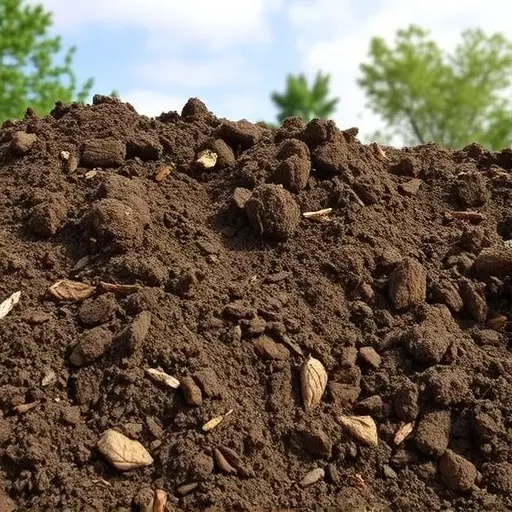
Topsoil recycling is a process that involves collecting, processing, and reintroducing used soil back into the ecosystem. This innovative approach to soil restoration is gaining traction, especially in urban areas where space is limited. By utilizing specialized machinery, topsoil can be efficiently recycled, transforming organic waste into a valuable resource for landscaping and agriculture.
The process begins with the collection of organic waste materials from various sources, including construction sites and municipal solid waste facilities. This waste is then transported to recycling centers equipped with advanced technology. There, it undergoes a meticulous process that involves shredding, aeration, and screening to break down larger debris and ensure the end product meets specific quality standards. The result is nutrient-rich topsoil suitable for various applications, from park renovations to agricultural fields, promoting sustainable land management practices in Toledo and beyond.
Topsoil Recycling Services in Toledo: A Sustainable Solution
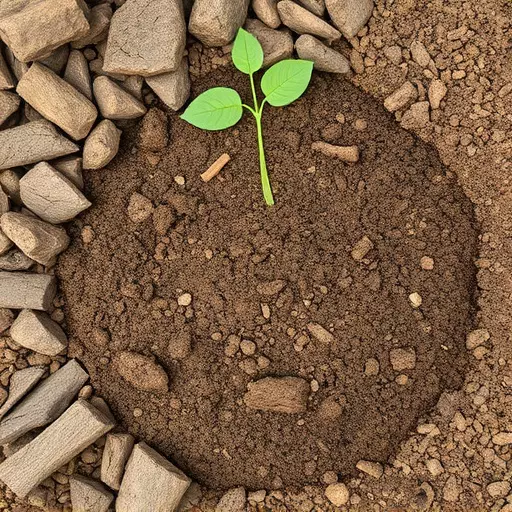
In Toledo, topsoil recycling services have emerged as a sustainable solution for soil restoration and organic waste recycling. These innovative services address the growing concern of soil degradation by repurposing organic materials that would otherwise end up in landfills. By transforming yard waste, construction debris, and agricultural residues into rich, nutrient-dense compost, these services not only reduce the environmental impact of waste disposal but also enhance local ecosystems.
Topsoil recycling facilities in Toledo employ advanced machinery to efficiently process organic matter, ensuring a consistent supply of high-quality compost. This recycled topsoil is then utilized in various applications, including landscaping, gardening, and even urban farming initiatives. By closing the loop on organic waste, these services contribute to a circular economy, fostering a healthier and more sustainable environment for the community.
Organic Waste Recycling: Its Role in Soil Restoration
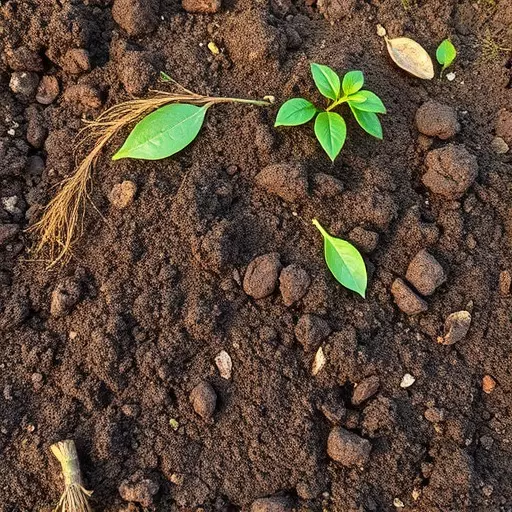
Organic waste recycling plays a pivotal role in soil restoration, especially for cities like Toledo that are constantly seeking sustainable solutions. By harnessing the power of topsoil recycling services, Toledo can significantly contribute to environmental conservation and promote healthier ecosystems. This process involves transforming organic materials such as food scraps, yard trimmings, and other biodegradable wastes into nutrient-rich compost, which is then integrated back into the soil.
Through organic waste recycling, harmful substances like plastics, chemicals, and pollutants are kept out of landfills and incinerators, reducing soil contamination. Instead, the recycled organic matter enhances soil structure, increases water retention, and promotes biodiversity. This not only supports local agriculture but also helps mitigate climate change by sequestering carbon in the soil, thereby making it an essential component in urban sustainability efforts for cities like Toledo.
